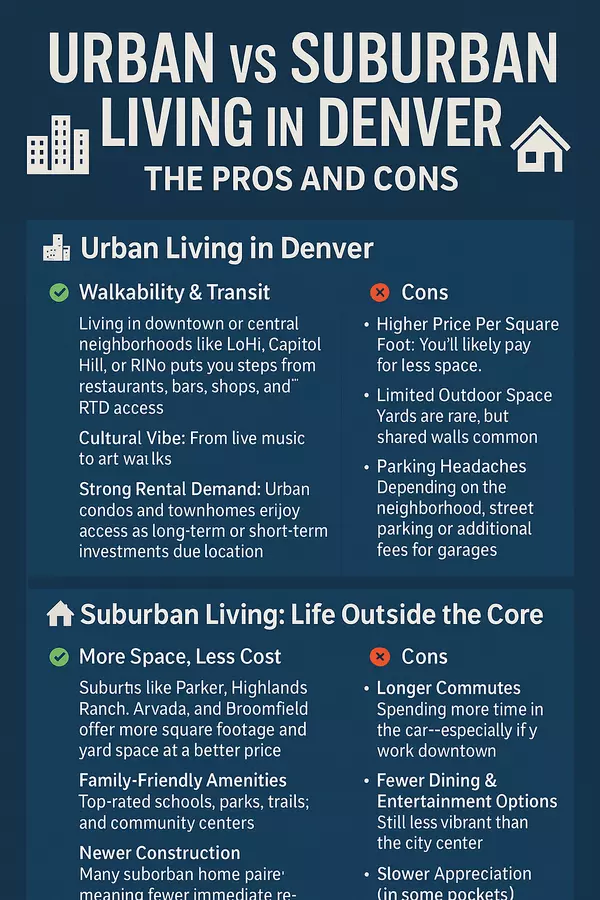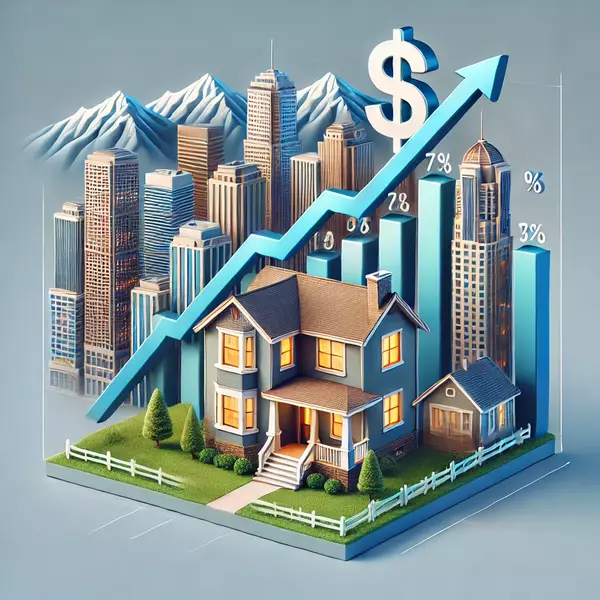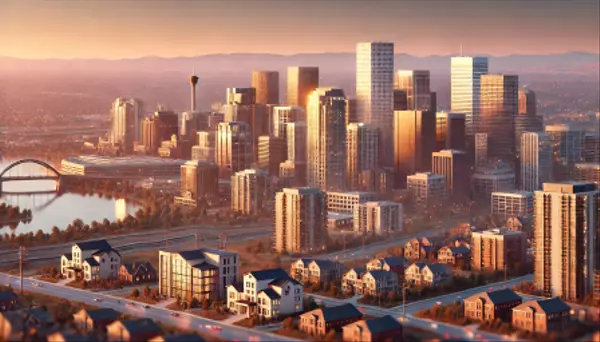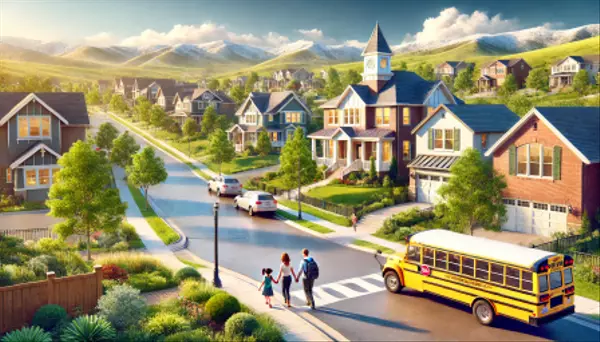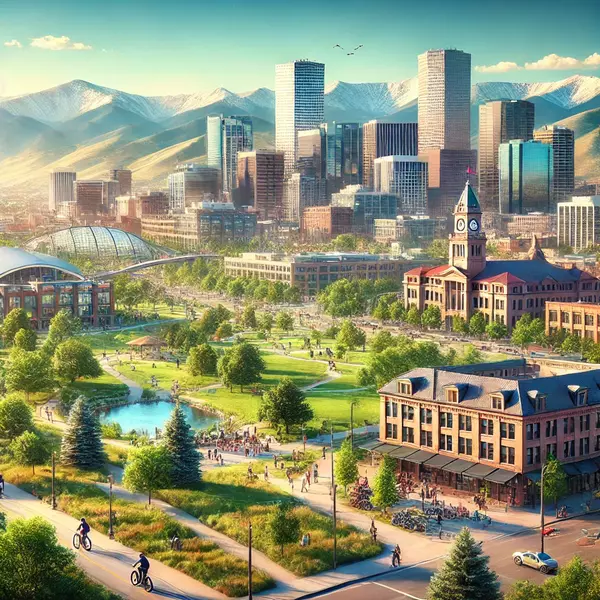The Future of Denver's Real Estate Market: Predictions and Trends
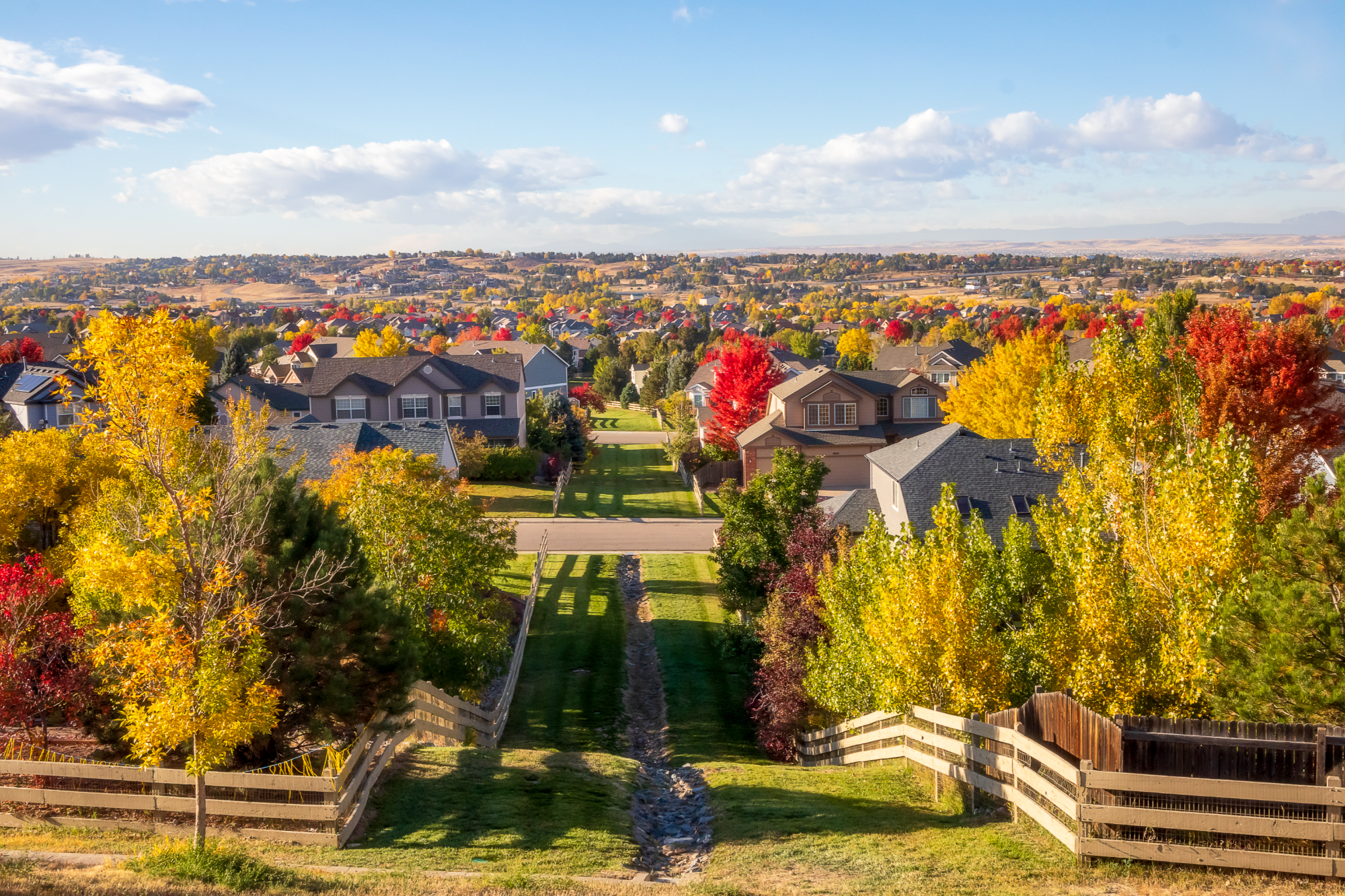
Denver, Colorado, often referred to as the Mile High City, has experienced significant growth in recent years. This bustling metropolis offers a unique blend of urban living, stunning natural beauty, and a thriving economy. As a result, the city's real estate market has attracted considerable attention from homebuyers and investors alike. This blog post will delve into the future of Denver's real estate market by exploring predictions and trends that may shape the market in the coming years.
- Population Growth and Urban Expansion
Denver's population has been on a steady upward trajectory, with the city's population surpassing 700,000 in recent years. This growth is expected to continue, driven by an influx of people attracted to Denver's robust job market, cultural scene, and outdoor recreation opportunities. As a result, the demand for housing in the city is predicted to remain strong, leading to increased urban expansion and the development of new residential neighborhoods.
2. Shift Toward Affordable Housing Options
In response to the increased demand for housing, developers are likely to focus on creating more affordable housing options, including condominiums, townhouses, and smaller single-family homes. This trend may also be influenced by the growing number of first-time homebuyers and younger professionals seeking more budget-friendly living arrangements in the city.
3. Sustainable and Eco-Friendly Developments
As sustainability becomes an increasingly important factor for homebuyers and developers, we can expect to see more eco-friendly and energy-efficient homes in Denver's real estate market. This may include developments featuring solar panels, green roofs, and smart home technology, as well as the construction of homes using environmentally friendly materials and building techniques.
4. Emphasis on Walkability and Public Transportation
Denver's commitment to improving its public transportation infrastructure, such as the expansion of the Regional Transportation District (RTD) light rail system, will likely impact the real estate market. Neighborhoods with easy access to public transportation and walkable amenities, like shops, restaurants, and parks, are expected to become even more desirable, leading to increased property values in these areas.
5. The Impact of Remote Work
The rise of remote work has the potential to reshape the Denver real estate market, as more people have the flexibility to choose where they live. This may result in an increased demand for homes with dedicated office spaces or flexible living areas that can be easily converted into workspaces. Additionally, remote work could also spur the growth of smaller cities and towns outside of Denver, as people seek more affordable housing options and a slower pace of life.
As Denver continues to evolve and grow, its real estate market is expected to adapt to the changing needs and preferences of its residents. Key trends, such as population growth, affordable housing, sustainable development, walkability, and the impact of remote work, will likely shape the future of the Mile High City's housing landscape. By staying informed about these trends, homebuyers, investors, and real estate professionals can make more informed decisions and capitalize on the opportunities presented by Denver's dynamic real estate market.
Categories
Recent Posts


